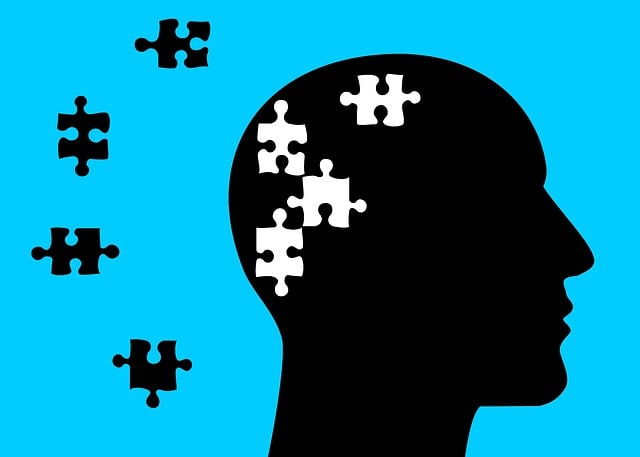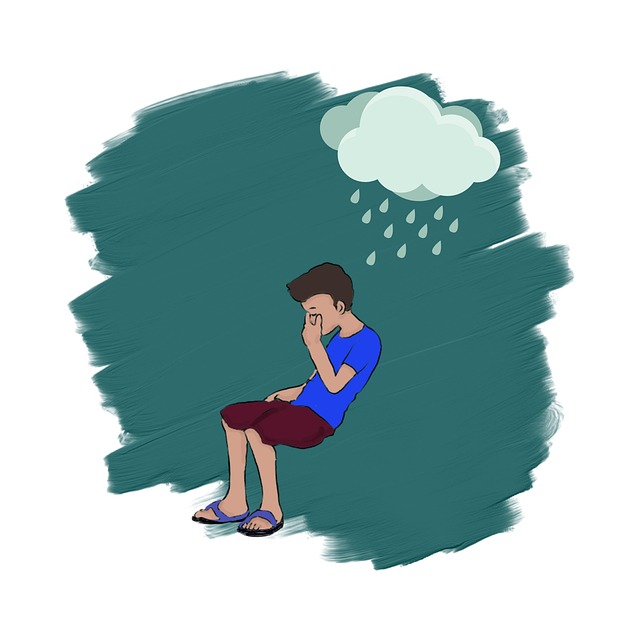Arvada Blended Families Therapy tackles unique challenges within blended households that increase substance abuse risks through tailored strategies focusing on empathy and open communication. Their Mental Health Education Programs empower family members with knowledge about risks, triggers, and coping mechanisms. By creating safe spaces, enhancing communication, conflict resolution, and connection, they lay the foundation for emotional well-being. Personalized therapy sessions target individual triggers while community engagement fosters resilience among youth, reduces stigma, and normalizes mental health conversations, significantly lowering risk factors through proactive measures.
In Arvada, blended families face unique challenges that can contribute to substance abuse risks. This article explores comprehensive risk reduction strategies tailored to the complex dynamics of these households. We delve into understanding the specific dangers within blended families, emphasizing the importance of creating a safe haven through supportive environments and individualized therapy.
Additionally, we examine community engagement and preventative measures, highlighting effective approaches like Arvada blended families therapy, to foster resilience and mitigate potential abuse.
- Understanding Substance Abuse Risks in Blended Families
- Creating a Safe and Supportive Home Environment
- Individualized Therapy Approaches for At-Risk Individuals
- Community Engagement and Preventative Measures
Understanding Substance Abuse Risks in Blended Families

Substance abuse risks within blended families are unique and complex, often requiring tailored strategies for effective management. These families, comprising biological parents, step-parents, and sometimes children from multiple previous relationships, may face challenges that contribute to an elevated risk of substance misuse. The transition period, marked by adjustment and the blending of different household dynamics, can be particularly vulnerable.
Arvada Blended Families Therapy emphasizes empathy building strategies as a cornerstone of its approach. By fostering open communication and understanding, families can navigate sensitive topics related to mental health and emotional healing processes. Incorporating Mental Health Education Programs Design tailored for blended households can equip members with knowledge about substance abuse risks, triggers, and coping mechanisms. These programs aim to create a supportive environment where individuals feel heard, validated, and empowered to make positive choices while addressing underlying issues contributing to potential substance abuse tendencies.
Creating a Safe and Supportive Home Environment

Creating a safe and supportive home environment plays a pivotal role in risk reduction strategies for substance abuse. For blended families in Arvada, therapy can be a powerful tool to foster this setting. Through family counseling sessions, parents and children can learn effective communication skills, improve conflict resolution techniques, and develop deeper connections. This harmonious atmosphere at home serves as a solid foundation for emotional well-being promotion techniques, making it easier for individuals to cope with stress management challenges without resorting to substance abuse.
Emotional regulation is another key aspect that benefits from a supportive home environment. By creating spaces where emotions can be openly discussed and validated, families can help members develop healthy coping mechanisms. This includes teaching relaxation strategies, encouraging positive self-talk, and promoting activities that enhance emotional balance. Such practices are crucial for maintaining mental health and preventing the use of substances as a means of escape or self-medication.
Individualized Therapy Approaches for At-Risk Individuals

For individuals at high risk of substance abuse, personalized therapy approaches are invaluable tools in their recovery journey. Arvada Blended Families Therapy recognizes that every person’s path to addiction is unique, and their treatment should reflect this. By offering tailored therapy sessions, therapists can address specific triggers, underlying mental health issues, and family dynamics contributing to the abuse. This individualized approach not only helps in crisis intervention guidance but also fosters a deeper understanding of personal challenges, making self-care practices more effective.
The focus on personalized care extends beyond individual therapy sessions. It includes family therapy, where the support system plays a crucial role in recovery. Blended families, in particular, can benefit from strategies that target the unique dynamics within these structures, ensuring that everyone involved is equipped to provide mental illness stigma reduction efforts and promote healthier coping mechanisms. This holistic approach to therapy enhances the overall effectiveness of risk reduction strategies.
Community Engagement and Preventative Measures

Community engagement plays a pivotal role in risk reduction for substance abuse, especially within diverse populations like Arvada Blended Families Therapy areas. By fostering strong community connections, individuals at risk or already struggling with addiction gain access to support networks that can offer guidance and accountability. Programs focusing on building resilience among youth through after-school activities, sports leagues, and mentorship initiatives help divert attention from substance abuse, promoting healthier emotional healing processes.
Integrating mental health awareness into these community efforts is crucial. Educating families and individuals about depression prevention techniques and normalizing conversations around emotional well-being can significantly reduce the risk factors associated with addiction. These proactive measures not only strengthen community bonds but also empower members to recognize signs of distress and seek appropriate help, fostering a culture of care and support that enhances overall mental health awareness.
In addressing substance abuse risks within blended families in Arvada, a multi-faceted approach is key. By fostering a safe home environment through open communication and support, individual therapy tailored to specific needs, and engaging the community in preventative measures, we can significantly reduce harm. Utilizing evidence-based strategies like those discussed here equips families with the tools to navigate challenges and promote well-being for all members, creating a brighter future for Arvada blended family dynamics.














